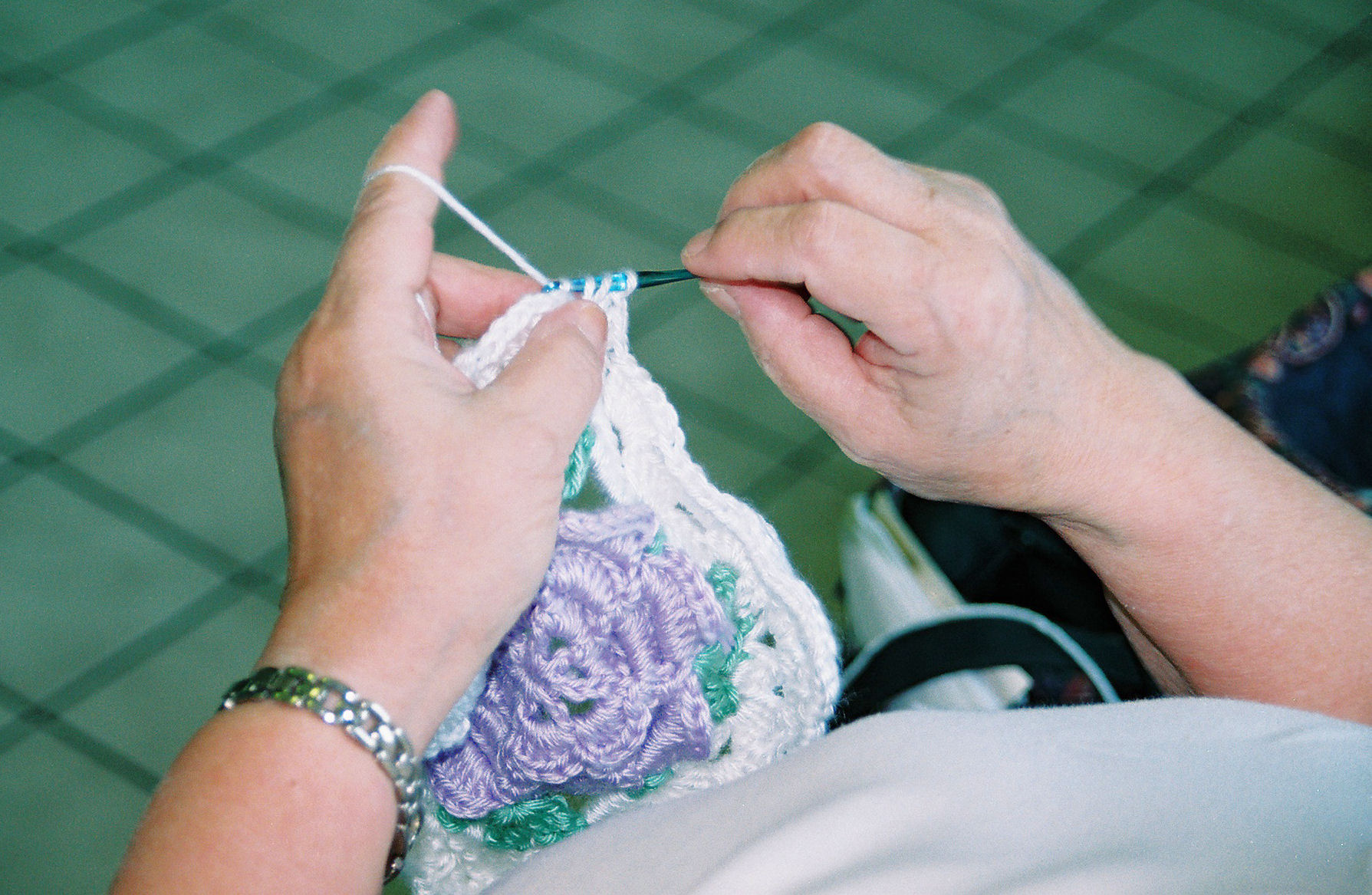
07 Apr Mom doesn’t have a will
Photo: talesin/morguefile.comQ. My father died without a will, and I want my mom to make one but she doesn’t want to. How can I convince her?
— Concerned
A. Drafting a will can be a stressful and sometimes frightening task.
Some people tend to put it off as long as possible to avoid dealing with fears relating to their own mortality. Or they may feel overwhelmed by the perceived process. Meeting with a lawyer and not knowing the potential costs can also be intimidating.
“In your situation, your parent may be hearing, ‘You’re going to die soon, so make sure you leave me an appropriate share,’ which can also be off-putting,” said Andrew Novick, a certified financial planner and estate planning attorney with The Investment Connection and Brookner Law Offices in Bridgewater. “It also sounds like talk of drafting a will may bring back painful emotions relating to your father’s death.”
It’s natural for your mom to feel this way, so don’t get frustrated. Instead of pushing her, Novick said you should try to point out some of the benefits a will can provide.
With a will, she can specify how her assets will be transferred at her death, Novick said.
“This can include making bequests of specific property (i.e. family heirlooms) to certain individuals or include charitable contributions, which may be important to her,” he said. “Otherwise, she has no control and her assets will pass according to the intestate laws of her state.”
Probating an estate without a will often takes more time and incurs more legal fees than an estate with a will, Novick said. Plus, it will be the heirs who have to deal with it when they are already grieving.
Novick said with proper planning, your mother can minimize estate taxes, inheritance taxes, and possibly even income taxes depending on her situation, so more wealth passes to her heirs.
If your mother still has minor children, a will allows her to determine who will raise the children and supervise any assets on the children’s behalf.
“Without a will, these decisions are left to the court,” Novick said. “Worse, family members could petition the court and a battle could ensue resulting in hard feelings among your family.”
Another option is to begin the conversation by talking about planning for incapacity instead of death.
Novick said it is equally — if not more important — for people to have an advanced healthcare directive (living will and healthcare proxy) and power of attorney in place than a will.
“With these documents, your mother names someone to make health care decisions and pay bills in the event she is unable to do so,” Novick said. “There’s generally a health emergency when these documents are needed, which is why they are so important. By the time a will comes into play, unfortunately, the emergency is over.”
Novick said you can offer to help by getting recommendations for a few local estate attorneys. You can pre-screen them for suitability, offer to take your mom to the appointment if she has trouble driving, and offer to pay the attorney fee if she is on a limited budget.
Don’t be afraid to ask others to help encourage your mom.
“Parents are often uncomfortable talking about these issues with their children, so ask other family members, such as an aunt or uncle, or a close friend to help bring up the subject,” Novick said, noting it may take multiple discussions to encourage action. “Bring up the conversation in segments at different times instead of one big serious conversation.”
Another strategy is to talk to your mom about your own situation and whether you have your own will. This may be a way to open the door so you can eventually steer the conversation to your mom’s needs.
Email your questions to .
This story was first posted in April 2016.
NJMoneyHelp.com presents certain general financial planning principles and advice, but should never be viewed as a substitute for obtaining advice from a personal professional advisor who understands your unique individual circumstances.
